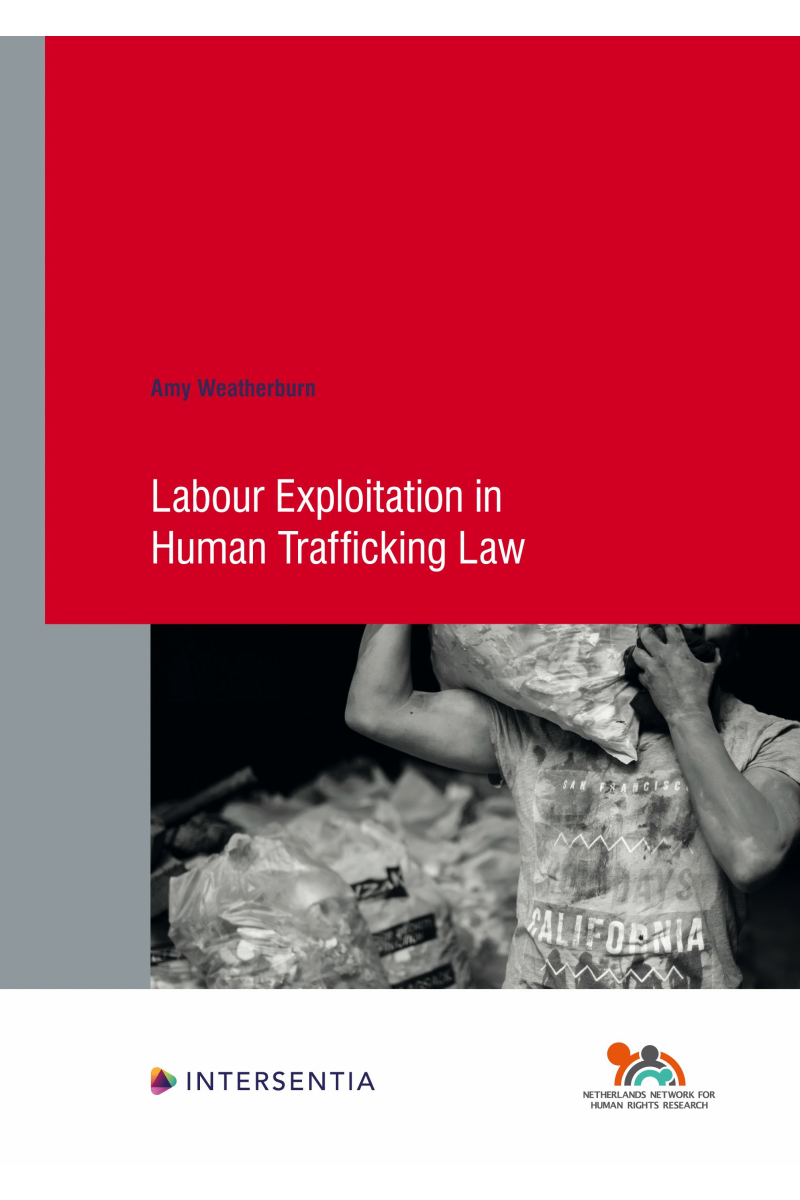 maestro
mastercard
visa
maestro
mastercard
visa

Labour Exploitation in Human Trafficking Law

The 2000 Protocol to Prevent, Suppress and Punish Trafficking in Persons Especially Women and Children, supplementing the United Nations (UN) Convention against Transnational Organized Crime, is a noteworthy achievement and, crucially, provides the first internationally agreed definition of the human trafficking. However, it fails to provide clarity as to the exact scope and meaning of exploitation. Instead, it provides an open-ended list of forms of exploitation that “at a minimum” amount to exploitation. The international definition’s preference for an enumerative approach has subsequently been replicated in most regional and domestic legal instruments.
In the absence of a clear definition of exploitation, it is difficult to draw the line between labour exploitation in terms of violations of labour rights and extreme forms of exploitation such as those listed in the UN Protocol; namely, forced or compulsory labour, practices similar to slavery and slavery. This book addresses this legal gap by seeking to conceptualise labour exploitation in criminal law.
The book uses exploitation theory to understand its application in law. The legal and theoretical analysis of exploitation first identifies the foundational elements of exploitation and then applies them to a comparative, empirical, domestic criminal case law analysis of two European national legal orders: Belgium and England & Wales. The book concludes with a proposition for a legal conceptualisation of labour exploitation that identifies the necessary and sufficient conditions that are required to determine whether or not the involuntary provision of work or services amounts to labour exploitation.
The book’s presentation of an evidence-based conceptualisation of labour exploitation is not only of added value for scholars but also for legal practitioners, policy makers and civil society representatives who are required to interpret and apply human trafficking law policy and practice in order to determine the existence (or not) of exploitative working conditions.
______
AMY WEATHERBURN is Scientific Collaborator FRS-FNRS at the Université Libre de Bruxelles and Doctor of Law (VUB & Tilburg, 2019). Her research focuses on the normalization of tolerated exploitation in the labour market and the need to develop a prevention policy of exploitation that goes beyond criminal law. Her main research areas are human trafficking, migration and fundamental rights. She has published her work in collective works and international journals. Between 2015 and 2020, she was a doctoral student, then postdoctoral researcher at the VUB where she worked on several European funded research projects, and where she led the Belgian national research for the multidisciplinary research network of the European Union Agency of Fundamental Rights (FRANET). From September 2019 – August 2020, Amy was seconded to INTERVICT of Tilburg University where she will be co-coordinator of the Master Programme Victimology and Criminal Justice (MSc). Previously, she was a researcher at the Human Rights Law Centre at the University of Nottingham (2012-2014).
| Type of product | Book |
|---|---|
| Format | Paperback |
| EAN / ISSN | 9781839701542 / 9781839701559 |
| Series name | Human Rights Research Series |
| Weight | 428 g |
| Status | Available |
| Number of pages | xv + 301 p. |
| Access to exercice | No |
| Publisher | Intersentia |
| Language | English |
| Publication Date | Jun 16, 2021 |
| Available on Strada Belgique | No |
| Available on Strada Europe | No |
| Available on Strada Luxembourg | No |
Downloads
- Table of contents and preliminary pages
Amy Weatherburn - Introduction
Amy Weatherburn - PART I. EXPLOITATION IN POLITICAL THEORY
- Chapter 1. An Exploration of Exploitation in Political Theory
Amy Weatherburn - Chapter 2. The Conditions of Exploitation in Political Theory
Amy Weatherburn - PART II. LABOUR EXPLOITATION IN LAW
- Chapter 3. The Legal Understanding of Human Trafficking for the Purpose of Labour Exploitation
Amy Weatherburn - Chapter 4.The Legal Understanding of Slavery, Servitude and Practices Similar to Slavery
Amy Weatherburn - Chapter 5. The Legal Understanding of Forced or Compulsory Labour
Amy Weatherburn - Chapter 6. Obstacles to the Legal Clarification of Labour Exploitation
Amy Weatherburn - PART III. LABOUR EXPLOITATION IN THE CRIMINAL LAW OF BELGIUM AND ENGLAND AND WALES
- Chapter 7. The Formal and Substantive Criminalisation of Labour Exploitation in Belgium and England and Wales
Amy Weatherburn - Chapter 8. The Judicial Interpretation of the Material Scope of Labour Exploitation in Belgium and England and Wales
Amy Weatherburn - Chapter 9. The Judicial Qualification of Labour Exploitation in Law: the Role of Indicators
Amy Weatherburn - PART IV. CONCEPTUALISING LABOUR EXPLOITATION IN HUMAN TRAFFICKING LAW
- Chapter 10. The Conceptualisation of Labour Exploitation in Human Trafficking Law: a Proposal
Amy Weatherburn